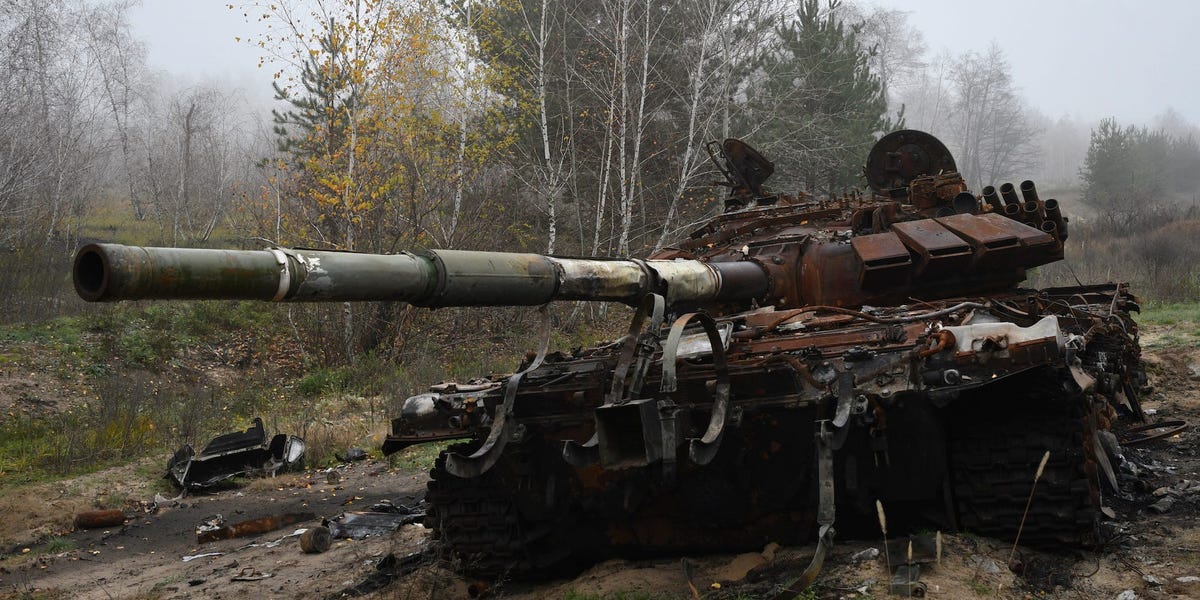- The “I Want to Live” surrender hotline has received 3,500 calls, an official told the Kyiv Post.
- The hotline allows people mobilized to fight in Ukraine to arrange to surrender once they get there.
- Both Russia and Ukraine have been criticized for ill-treatment of prisoners of war.
More than 3,500 soldiers drafted into Russia’s war in Ukraine have contacted a hotline declaring they want to surrender, according to a Ukrainian official.
The “I Want to Live” service is a hotline where Russians and Ukrainians under Russian occupation can signal to Ukraine that they do not want to take part in Russia’s invasion, and arrange to surrender.
The service, run both over the phone and on Telegram, was launched two days before Putin announced a mass mobilization of reservists on September 21 — an event that prompted the first flood of enquiries, project spokesperson Vitaliy Matvienko told the Kyiv Post in an interview.
Russia’s Prosecutor General’s office blocked the site in mid-October, by which time it claimed to have received more than 2,000 enquiries.
It’s unclear how people in Russia continue to have access to the service, and Insider was unable to independently verify the figures provided.
Explaining the process, Matvienko told the Kyiv Post that Russians can first reach out via a chatbot, even before they are mobilized, to fill out a questionnaire that is considered a “preliminary surrender,” and which is then stored in a database.
When the soldier reaches Ukraine, they contact the hotline again, whereupon their information is pulled up and arrangements for surrender begins, Matvienko told the outlet.
Matvienko said that most enquiries came from Russia at first, but they have also come from Russian-occupied territories in Ukraine, the frontline, as well as Belarus.
Under the “I Want to Live” process, Ukraine says it guarantees prisoner of war rights under the Geneva Convention, including meals, phonecalls home, and medical care.
However, on November 15 a report by the UN’s Office of the High Commissioner for Human Rights (OHCHR) said that prisoners of war on both sides of the conflict have reported being tortured or badly treated while captive.
Ukraine offered confidential access to OHCHR to speak to captives, but Russia did not, the report said. Ukraine also said it has launched criminal investigations into allegations, the report said.
Earlier this week a graphic video that appeared to show the brutal execution of a Russian soldier who defected from the pro-Russian mercenary army the Wagner Group, but was later recaptured, circulated online. While the Kremlin denied any knowledge of the incident, Wagner Group founder Yevgeny Prigozhin wrote approvingly about the killing in a statement.




